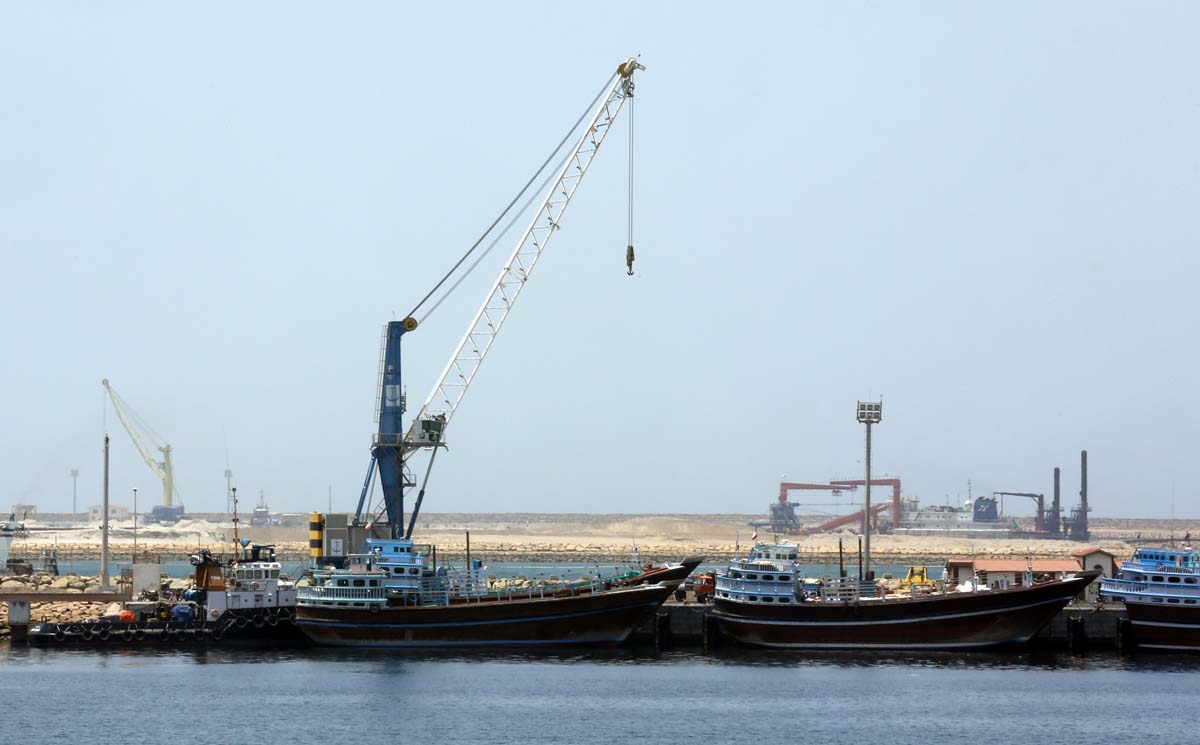

Perceptually, either interpretation could be correct. India, Iran and Afghanistan have signed an agreement to give preferential treatment to Indian goods headed for Central Asia via Chabahar. For Iran, the Chabahar development was a way around the American sanctions it had suffered under for years, but this environment may change as a result of the nuclear non-proliferation agreement with the US.
Also, and newly in the mix is Iranian engagement in seeking a resolution to the Syrian conflict — events are moving swiftly away from traditional positions. For Pakistan, this may be seen as part of a comprehensive rethinking of foreign policy, and a swing away from Gulf-state influence and a realignment with states that offer long-term economic benefits and enhanced security. This is going to be neither tidy nor easy but dictates of realpolitik need to be addressed. The regional churn is parallel to a drop in oil prices globally, a drop that is projected to be long-lasting and is going to profoundly affect the economies of the Gulf region. Their influence will decline, their economies begin to shrink where they are oil-dependent, and Iran and Pakistan — and India — have much to gain by being drawn closer by developments such as those at Chabahar. Rivalries and animosities are going to remain, but ultimately it will be business that determines the shape of the geopolitical landscape.
Published in The Express Tribune, October 30th, 2015.
Like Opinion & Editorial on Facebook, follow @ETOpEd on Twitter to receive all updates on all our daily pieces.
1732603002-0/lamar-(4)1732603002-0-405x300.webp)
1720420084-0/brad-pitt-(2)1720420084-0-165x106.webp)










COMMENTS (3)
Comments are moderated and generally will be posted if they are on-topic and not abusive.
For more information, please see our Comments FAQ